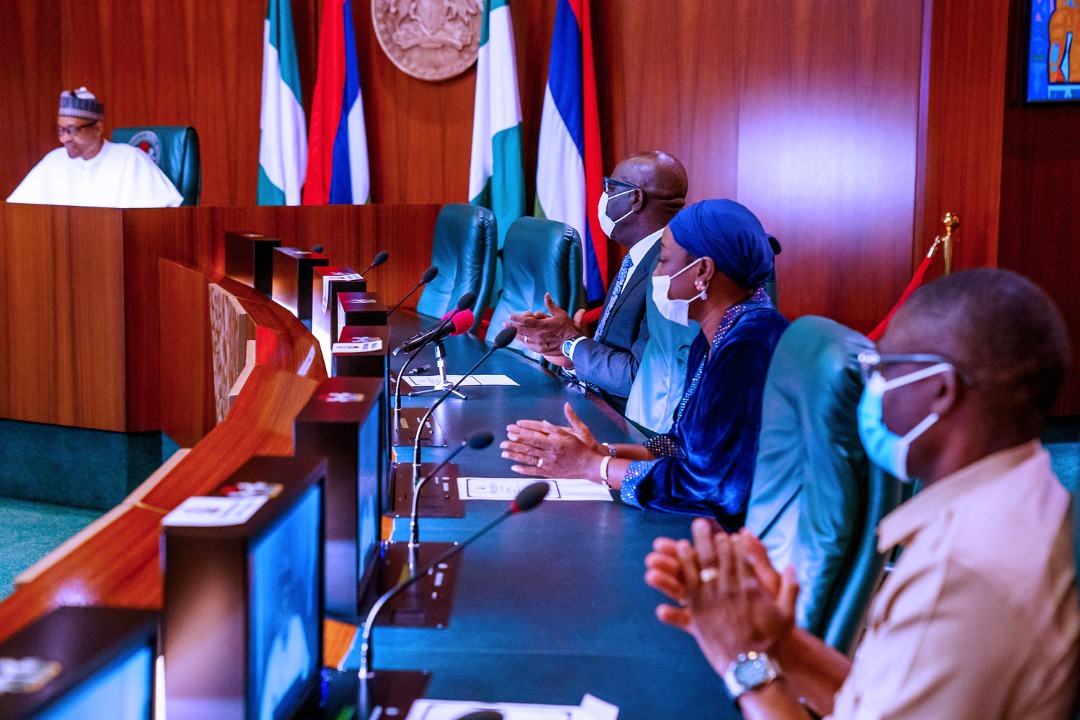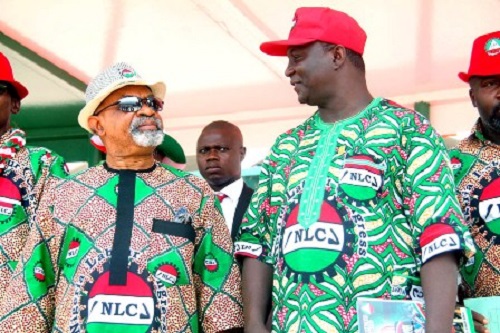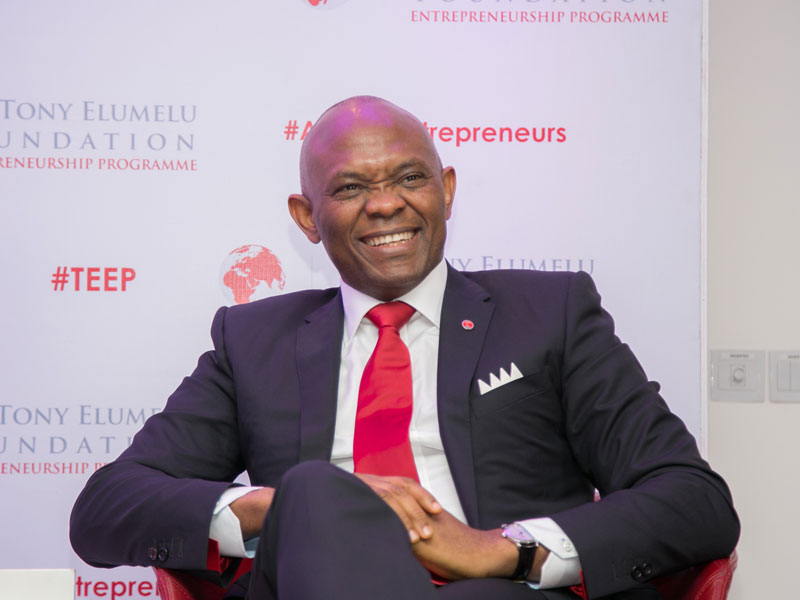If you picked a random Nigerian with a decent grasp of the economy and asked what major issue they wanted the Nigerian government to fix, most respondents will say “power”. This was also my choice when some fourteen years ago, I was, in the recruitment process of a Finance firm, asked to write an essay on what I would give priority if given the chance to rule Nigeria in one hundred days.
While many Nigerians agree that the power sector needs to be fixed to jumpstart our economy, it does appear that most people have not given thought to what it takes to achieve that. This is the only reason why processes to fix the sector have been met with counterproductive reactions from the same people that call government to action on the challenges of the sector. One of such ill-advised reactions is attempt by labour unions and some section of the citizens to force government to reverse the recently introduced measures to put the power sector on the path of recovery.
As citizens, I think we need to agree on what we want, because we cannot be asking for results and at the same time truncating the process that leads to the results we desire. As a case in point, Nigerians are quick to point to the United Kingdom as a model of effective transport system, but when what we forget is, these things are not free. UK has a higher personal income tax rate than Nigeria, yet you pay more for basic utilities in the UK than in Nigeria. An efficient system comes with a cost.
Anyone familiar with the power value chain knows that the critical point in the chain that has held back the entire system is the distribution phase, where the power distribution companies have failed to deliver on their remit. This has fed backward on the entire value chain as operators in this phase are unable to meet their financial obligations to the generating companies and the generating companies unable to meet their obligations to their own suppliers, especially gas companies, leading to these companies also struggling to meet their obligations to providers of their funding.
Advertisement
A key cause of this far reaching inefficiency at the distribution phase has been identified to be subsidized pricing at that stage. Before this price review, the Nigerian government subsidized electricity price by over 40 percent. With fall in price of crude oil and the attendant serious pressure on government revenues, such subsidy regime is clearly unsustainable. About seven percent of Nigeria’s 2019 budget is said to have been spent on this subsidy. True to the well-known shortfall of subsidy as a form of resource allocation, the rich has benefitted more, with over 60 percent of the subsidy benefitting the richest 10 percent according to World Bank and NERC sources.
Market distortion, especially by way of price control, has been proved not only to discourage or stifle investment in certain sectors, but also an inefficient way of allocating resources. A move towards cost-reflective electricity pricing is therefore the way to go. The current service based tariff introduced by the NERC, being a step in that direction, therefore deserves our support. A cost-reflective system removes the inefficiencies associated with pricing in a sector and encourages investment in that sector. As long as the price of electricity is controlled, that sector will continue to perform sub-optimally and the desire to have improved electricity supply will be a mirage.
To protect the poorest section of the population, the government is applying this service based tariff structure based on electricity consumption classes, for a start. The class of consumers that receive less than 12 hours of electricity per day will not be impacted by the new structure. I think this is fair enough.
Advertisement
To make the new structure work, the electricity regulatory body has also come up with stiff punishment framework for the distribution companies that renege on the service level commitment.
From a business angle, subsidy encourages laziness, even racketeering, cost-based pricing drives efficiency. From a government angle, subsidy hardly achieves the intended economic goal as we have seen in this case where the rich benefits more. It is because of these evidence-based pitfalls of subsidy that development and financing institutions like the World Bank make them condition precedents to certain financial support.
He electricity regulator has also repeatedly said that the tariff adjustment is only a part of the holistic efforts in removing the bottlenecks to steady power supply in the country, it is not the only measure.
More than any government in recent time, the current government has shown a good deal of commitment to tackling the monstrous challenges militating against reliable power supply in the country. The Payment Assurance Guarantee to partly bail out the generating companies, the Presidential Power Initiative aka the Siemens Project, and the current effort at moving towards cost-reflective electricity tariff structure are some of the bold moves in that direction. I am confident that these measures have great potential to fix the power sector challenges and move the sector towards the path of recovery. Power sector is critical to any economy, measures to improve it deserve citizens’ support, not industrial action, especially when the measure adopted does not significantly make the vulnerable section of the population worse off. Nigerians therefore need to support the government on this. Rather than our labour unions threatening to bring down the roof on the government for these initiatives, I think they need to see the big picture.
Advertisement
Oyewale, a chartered accountant and public policy analyst, lives in Lagos.
Views expressed by contributors are strictly personal and not of TheCable.







